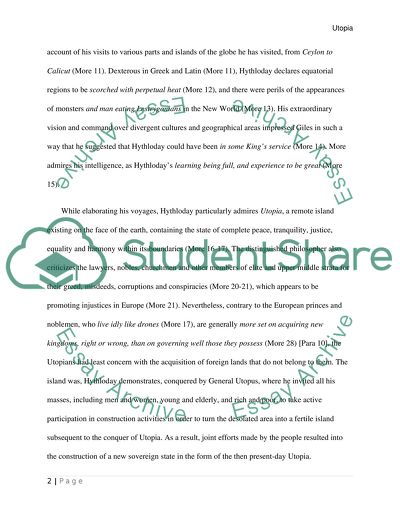Cite this document
(“Use Nicholas Mann's article The Origins of Humanism to analyze Book I Essay”, n.d.)
Retrieved from https://studentshare.org/literature/1458992-use-nicholas-mann-s-article-the-origins-of
Retrieved from https://studentshare.org/literature/1458992-use-nicholas-mann-s-article-the-origins-of
(Use Nicholas Mann'S Article The Origins of Humanism to Analyze Book I Essay)
https://studentshare.org/literature/1458992-use-nicholas-mann-s-article-the-origins-of.
https://studentshare.org/literature/1458992-use-nicholas-mann-s-article-the-origins-of.
“Use Nicholas Mann'S Article The Origins of Humanism to Analyze Book I Essay”, n.d. https://studentshare.org/literature/1458992-use-nicholas-mann-s-article-the-origins-of.


